<< Read all John Kamm Remembers stories
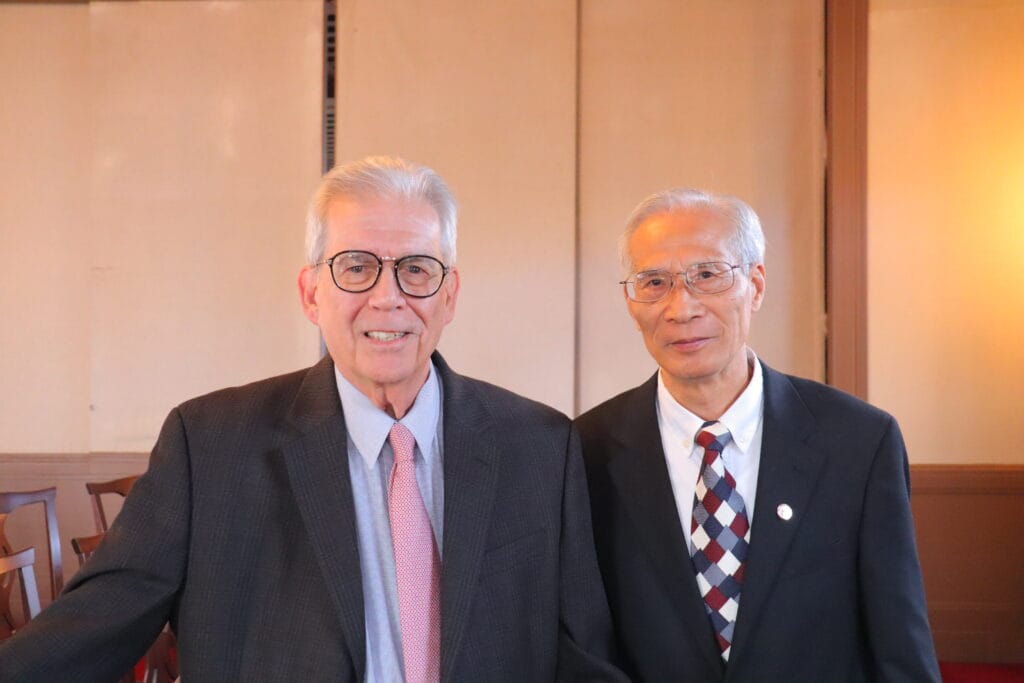
On the morning of September 15, 2024, I received an email from Alice Lin, daughter of wrongfully detained American citizen David Lin. He had been incarcerated in China for 18 years. Alice advised me that her father had been released from prison, and that his plane was over Alaska. She was on her way to San Antonio to meet him.
I began working on a press statement. I sent her a draft so that she could review it on arrival in San Antonio, and before Dui Hua published it. She approved the draft, and we released a statement.
The response from the families of American citizens in detention centers or prisons in China was quick, as was the response from the media. Thousands of people read the statement, and at least a dozen newspapers, broadcasters and wire services published stories based on what Dui Hua published, including Politico, The New York Times, Los Angeles Times, Newsweek, Associated Press, CBS, NPR, CNN, and United Press International, among other outlets.
Of the journalists who reported on David Lin’s release, one stands out for his concern for imprisoned Americans in China: Phelim Kine of Politico. I met Mr. Kine when he worked for Human Rights Watch in Hong Kong. Over the years, he got to know the families of wrongfully detained Americans. After her father was released, Alice Lin reached out to two people, me and Phelim.
Special Presidential Envoy for Hostage Affairs (SPEHA)
To counter the growing trend of adversaries seizing American citizens for use as bargaining chips, U.S. President Barack Obama established the office of the Special Presidential Envoy for Hostage Affairs (SPEHA) in October 2015. The office was buttressed by passage of the Levinson Act by the Senate in July 2020.
In September 2020, because of advocacy work by his son Harrison Li, Kai Li was designated by the State Department as wrongfully detained. He was serving a 10-year sentence in Shanghai’s Qingpu Prison for espionage.
Not long thereafter, Texas resident Mark Swidan and California resident David Lin were designated as wrongfully detained. At the time they were designated, both Lin and Swidan were serving long prison sentences, Lin in Beijing Number Two Prison and Swidan in Jiangmen Detention Center.
Prior to September 2020, no American citizen had been designated as “wrongfully detained,” reflecting a decision not to take on China.
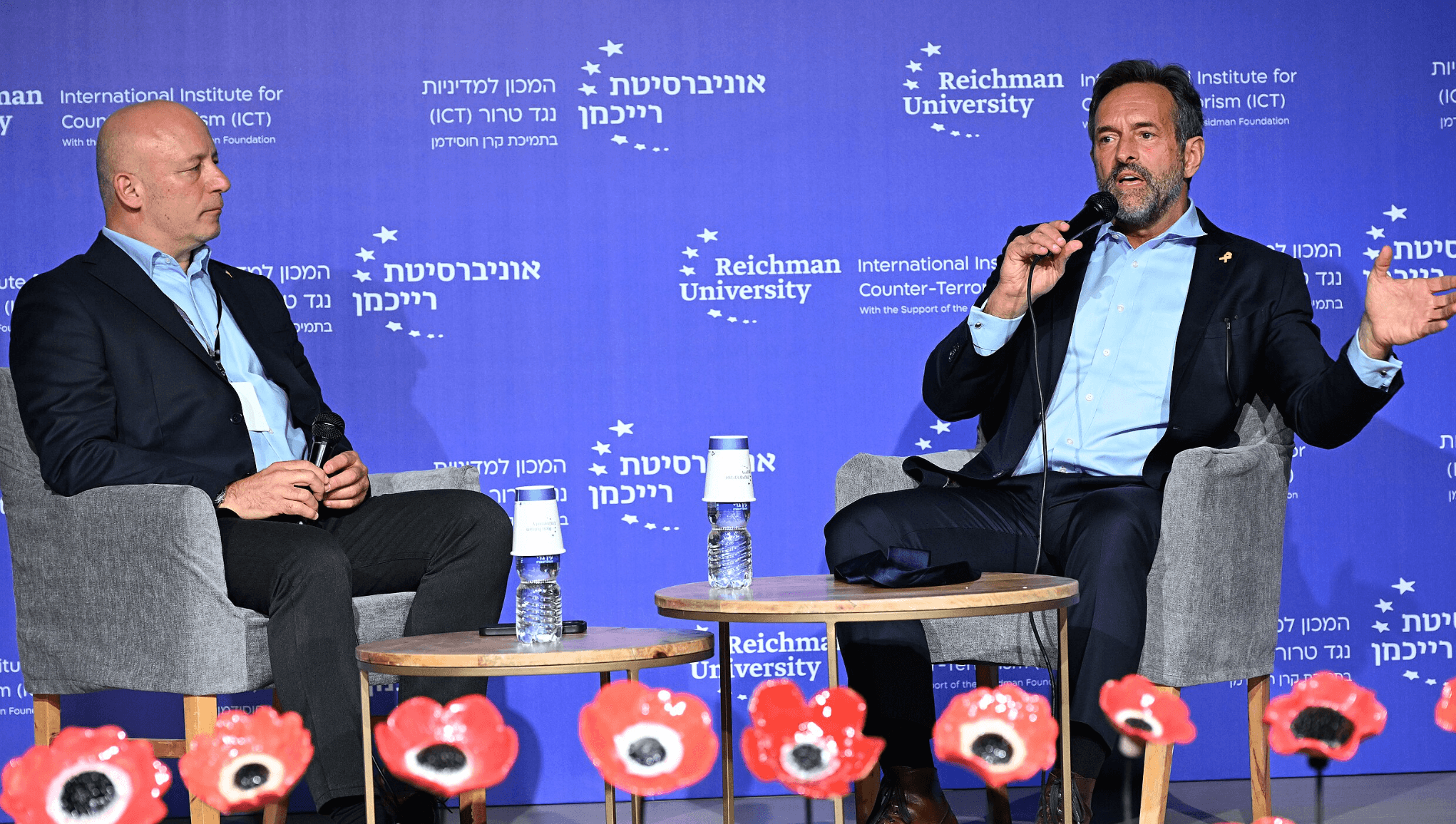
At the time of their releases—Lin in September 2024, Swidan and Li in November 2024—SPEHA was headed by Roger Carstens, a former Marine known for his no-nonsense approach to dealing with adversarial states. Carstens was appointed Special Presidential Envoy during the first Trump term, He remained in that position throughout Joe Biden’s term in office but was not reappointed at the beginning of the second Trump term that began in 2025. During his tenure, Carstens helped secure the release of nearly 70 Americans held as hostages in foreign prisons.
The releases of Lin, Swidan, and Li—as well as three Uyghurs—were a part of the first-ever prisoner exchange between China and the U.S. Hopes were raised that more exchanges were in the works. Thus far, none have happened.
Pastor David Lin‘s Story
David Lin was born in Taiwan in 1955. He emigrated to the U.S. as a young man and became a citizen. He converted to Christianity and began a lucrative career as a businessman and as an economic advisor to state governments. He began traveling to China on business in the early 1990s and got to know many Christians in the house church movement.
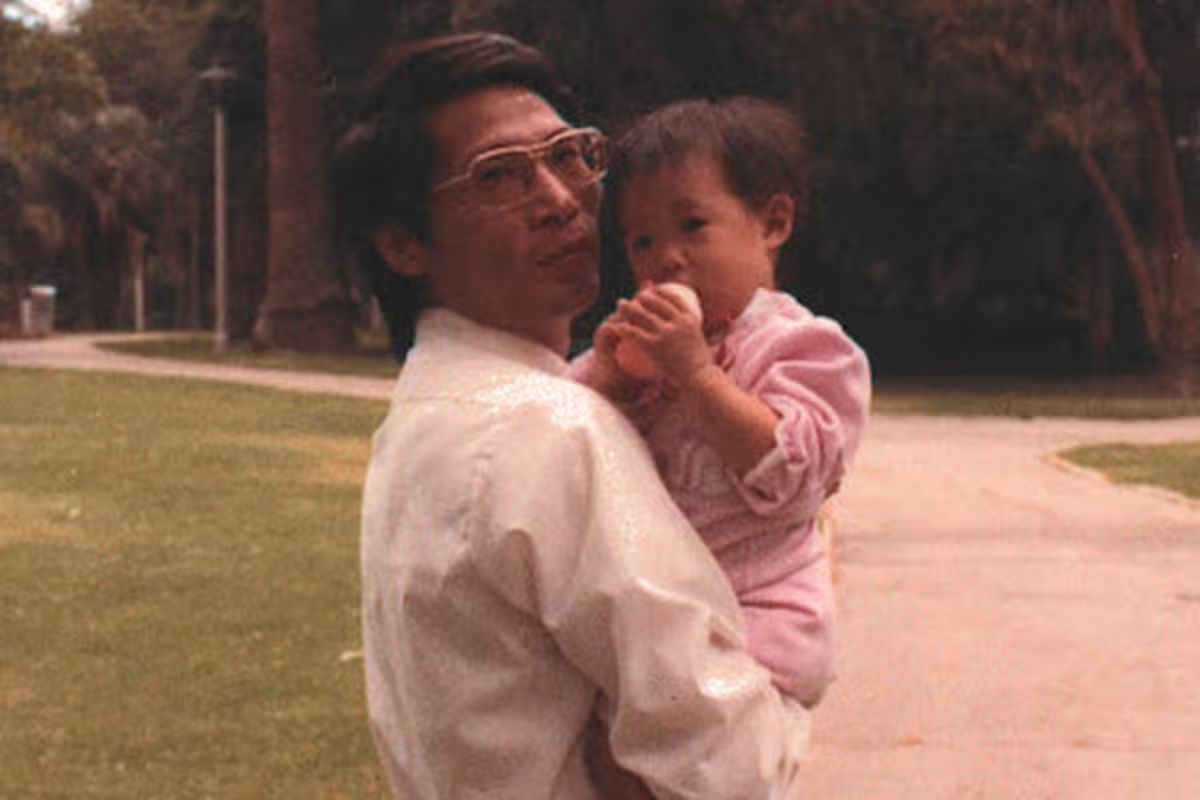
David Lin went to China in 2006 to establish a Christian missionary training center in Beijing. He had hoped to register his ministry with the Chinese government and received positive signals that this would be possible when he next visited Beijing. It was a trap.
He was detained and placed under residential surveillance in a designated location, a coercive measure determined by the United Nations to constitute arbitrary detention, then transferred to Beijing Number One Detention Center. He was formally arrested, tried, and convicted in 2009 for contract fraud, an economic crime. He was sentenced to life in prison. Fraud and illegal fund raising are crimes often used against house church leaders as well as leaders of unorthodox religions.
After conviction, Pastor Lin was placed in Beijing Number Two Prison, a maximum-security facility that houses violent offenders serving long sentences as well as foreign prisoners and political prisoners, including religious prisoners like David Lin. Lin also qualified for placement in Beijing Number Two because he is a foreign national. In 2010, while Pastor Lin was serving his sentence, there were five other Americans in Beijing prisons.
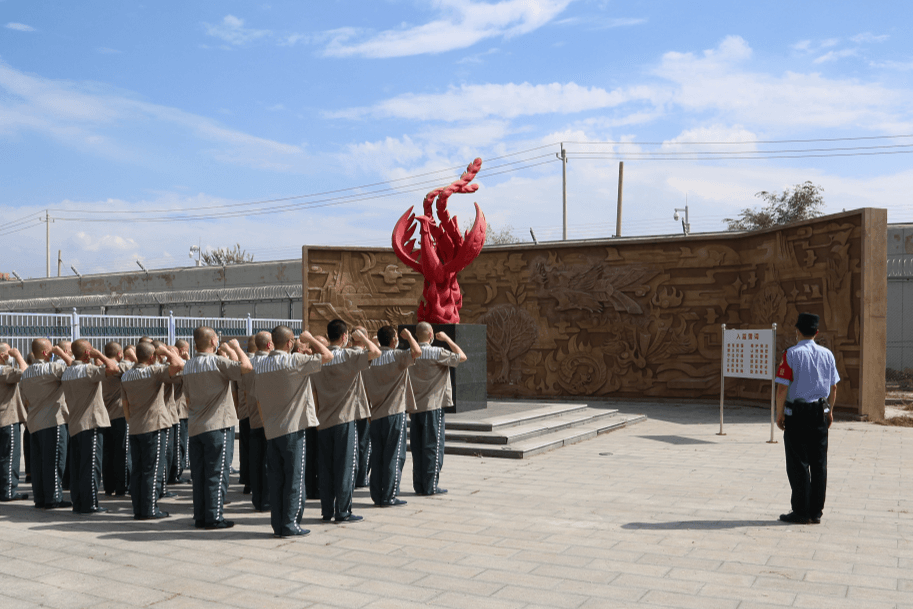
While in prison, Lin set up prayer groups and worked on translating the Bible. He claims he was not mistreated in Beijing Number Two but didn’t receive enough to eat. The prison authorities took away his Bible on three occasions but eventually returned it. On one occasion the Bible was mailed to his family in the U.S. The prison authorities came up with other ways to punish David Lin for spreading the gospel: denying mail and telephone privileges (at least two care packages never arrived from Alice) and restricting access to the prison commissary.
Dui Hua’s Role
For ten years, David Lin told his daughter he didn’t want help in getting his sentence reduced, believing that his imprisonment was part of God’s plan. When he realized his health was failing—he was quickly losing his teeth—he asked Alice to help. One of her first steps was reaching out to me at the recommendation of Jeff Gillis, whose wife, Sandy Phan-Gillis, was released from prison in 2017. I had helped Jeff and Sandy secure her early release.
I received an email from Alice on March 27, 2019, requesting that we speak by phone. We did so the next day. I asked her to draw up a fact sheet, with a photograph of her father.
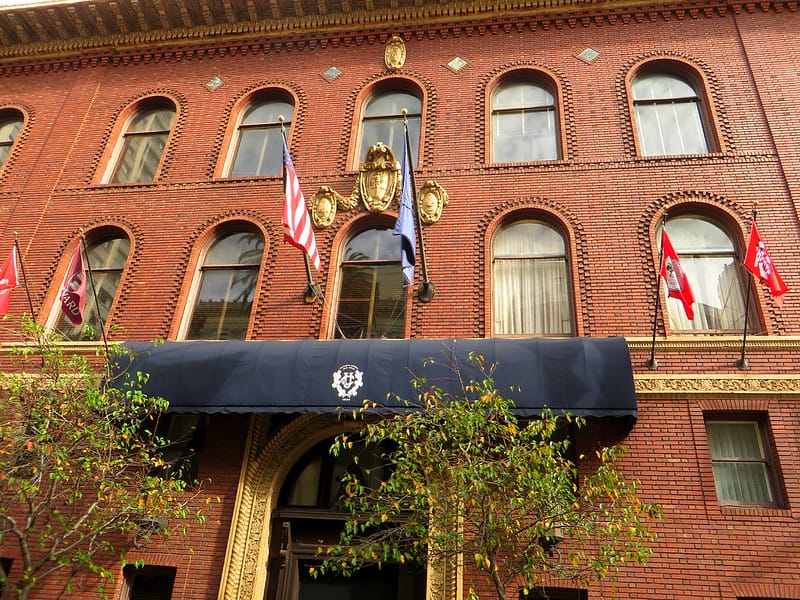
In recent years, I have frequently spoken at San Francisco’s historic University Club. I was asked to deliver remarks on May 28, 2019, and called Alice to see if she and her husband David would like to attend the event. She replied in the affirmative.
While speaking, I glimpsed at Alice. When I brought up her father, her eyes filled with tears, her face reflecting deep anguish. After my speech, we returned, with a colleague, to Dui Hua’s office on Sutter Street.
Alice feared that she would never see her father again and wondered aloud what to do. I asked how sure she was that her father was serving a life sentence and offered to confirm his sentence. My colleague stepped out of the conference room and had a look at a judgment website we used to track actions by Chinese courts. He found a sentence reduction granted to David Lin in November 2014. The decision revealed that the life sentence had been commuted to 19.5 years by the Beijing Number Two Intermediate Court in 2012, followed by a 10-month reduction in 2013. The November 2014 decision granted a one-year reduction. Three reductions in the space of two years are rare and often reflect good behavior in prison.
All these changes were unknown to Alice, and presumably the Department of State, which rarely looks at court websites in China. She was, at turns, surprised, happy, and hopeful.
I called the National Security Council and the State Department to let them know what Dui Hua had discovered. Like Alice, they were surprised. They promised to pay more attention to judgment websites.
Momentum was building. On April 9, 2019, the Commission on International Religious Freedom adopted Lin through their Religious Prisoners of Conscience Project. On June 4, 2019, I met with the Chinese Consulate General in San Francisco. I raised Pastor Lin’s case verbally and then handed over the fact sheet. After looking it over, the consul remarked that Lin deserved another reduction. Later that month, I travelled to Geneva to attend the Human Rights Council meeting, taking advantage of the Special Consultative Status Dui Hua enjoys with ECOSOC.
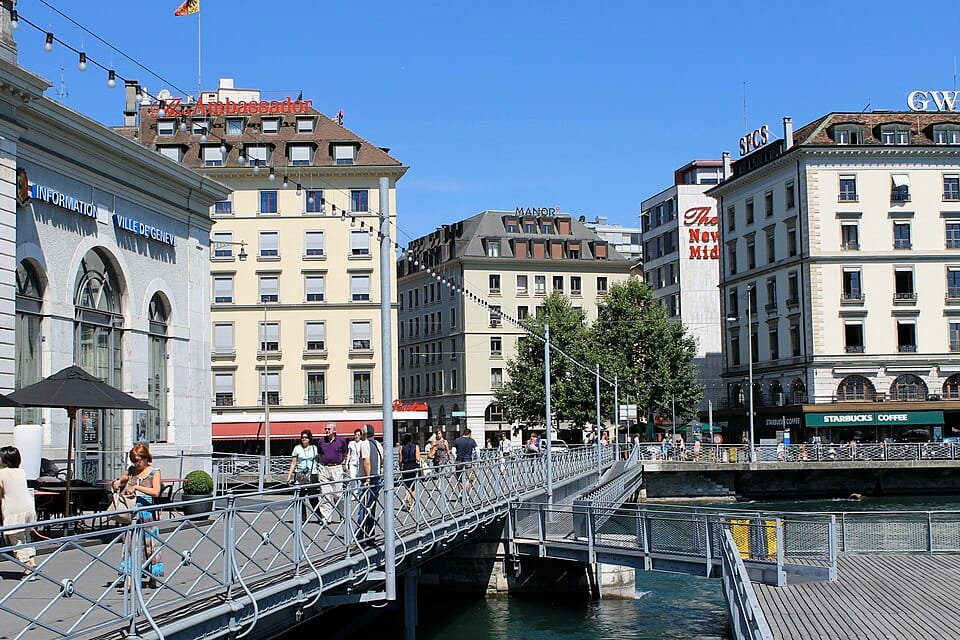
I hosted a small dinner at Geneva’s The Ambassador Hotel for China’s Special Representative for Human Rights Dialogues and her colleague, on June 24, 2019. I handed over the fact sheet and the official promised to look into it. The official remarked that, if she found good news, she hoped I’d give it positive publicity for the sake of better U.S.-China relations. Four months later, in October 2019, Lin was granted a four-month reduction. Taken together, the reductions meant that Lin would be released in 2029. That’s where things stood prior to Lin’s release on September 15, 2024.
In all, Dui Hua raised Lin’s case with the Chinese government 28 times after learning of his plight in 2019 and received four responses. Dui Hua covered David Lin’s case in eight publications, including press statements.
In October 2023, California Governor Gavin Newsom visited China to drum up business for businesses located in the state and discuss climate change. Phelim Kine coauthored an article in Politico to mark the occasion. Alice Lin told Phelim that she wanted Newsom to raise her father’s name with the Chinese government. I weighed in to say his failure to do so would be “shameful and disqualifying.” At the time, Newsom was toying with the idea of running for President in 2024. At a speech at the Hong Kong University after this trip to the Mainland, Newsom said he had raised human rights issues with Minister of Foreign Affairs Wang Yi in Beijing but did not offer specifics on what was said.
When the news of Lin’s release finally came, it represented the culmination of a multifaceted approach—persistence, close consultation with family and governments, solid media work, and good relationships with NGOs. All came together to achieve a good result.
Listen to the Encounters with China podcast.
Subscribe to receive notifications about new episodes.
Read all John Kamm Remembers stories.
